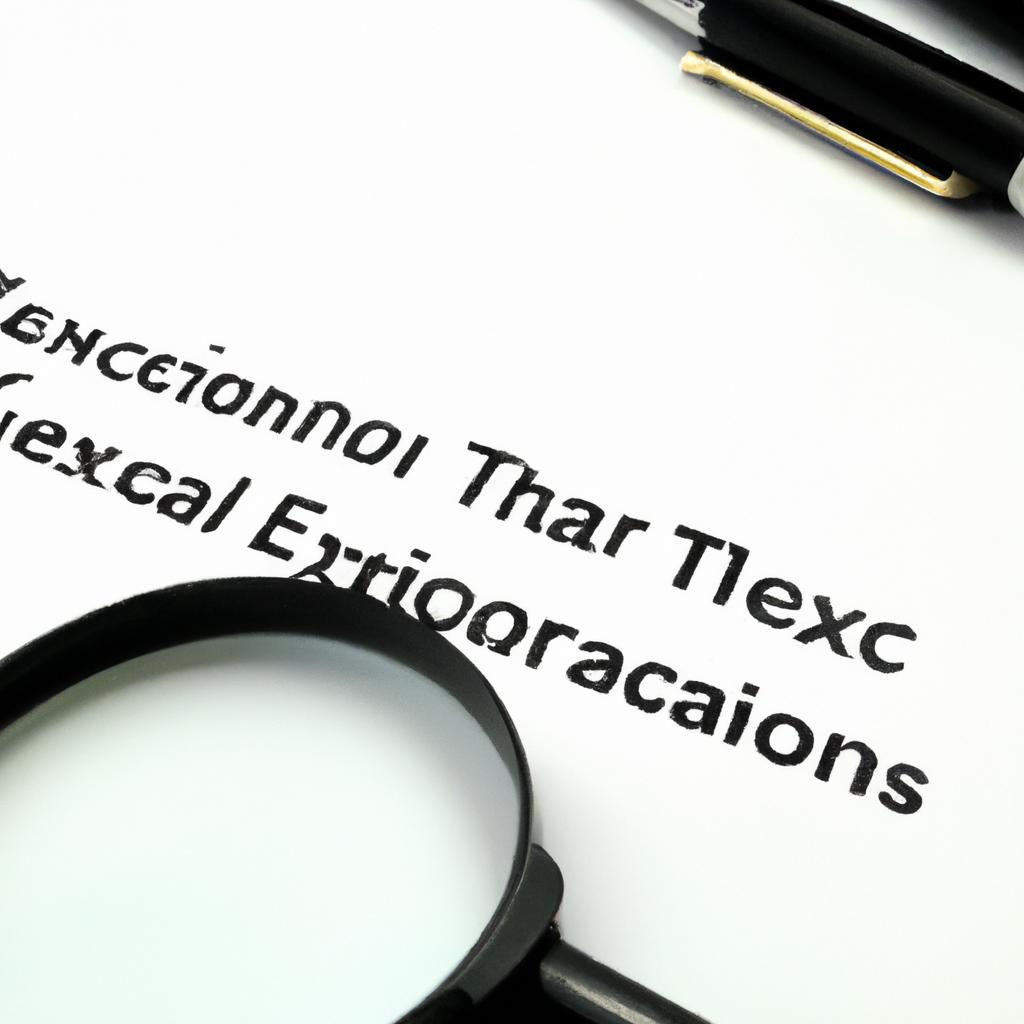Navigating the legal complexities of handling a deceased parent’s assets can be a daunting and overwhelming task. One common issue that often arises is the sale of a deceased parent’s car. At Morgan Legal Group, our team of experienced lawyers specializes in estate planning, probate, elder law, Wills, and trusts, providing guidance and support to ensure a smooth and efficient process. In this article, we will explore the intricacies of selling a deceased parent’s car, offering insight and advice on how to navigate this particular aspect of estate administration.
Navigating the Legal Process of Selling a Deceased Parent’s Car
Selling a deceased parent’s car can be a complex process that requires careful navigation of the legal system. As an experienced estate planning attorney, I have helped numerous clients successfully sell their deceased parent’s vehicles. Here are some important steps to consider:
- Locate the Title: The first step in selling a deceased parent’s car is to locate the title. If the title is not readily available, you may need to apply for a duplicate title through the Department of Motor Vehicles (DMV).
- Obtain Letters Testamentary: In order to legally sell a deceased parent’s car, you will need to obtain letters testamentary from the court. These letters authorize you to act on behalf of the deceased person’s estate.
- Transfer Ownership: Once you have the necessary legal documents in place, you can then transfer ownership of the vehicle to yourself or another party who wishes to purchase it.
| Document | Where to Obtain |
|---|---|
| Death Certificate | Local Health Department |
| Letters Testamentary | Probate Court |
| Duplicate Title | DMV |

Understanding the Transfer of Title and Ownership
When selling a deceased parent’s car, it is crucial to understand the transfer of title and ownership process to ensure a smooth and legal transaction. **Here are some key points to consider:**
1. Obtain the death certificate: Before transferring ownership of the vehicle, you must first obtain a copy of the deceased parent’s death certificate. This document will be necessary to prove their passing and initiate the transfer process.
2. Determine the estate’s executor: The executor of the deceased parent’s estate will have the authority to sell the car on behalf of the estate. If you are the executor, you will need to provide documentation proving your status to the DMV or relevant agency. You may need to present the will or other legal documents to confirm your role.
Exploring Tax Implications and Inheritance Issues
Inheritance issues can arise when dealing with the sale of a deceased parent’s car. It is important to consider the following tax implications and legalities:
- Transfer of ownership: Before selling the car, make sure to transfer the ownership from the deceased parent to the heirs or beneficiaries. This process typically involves providing a death certificate, proof of ownership, and a notarized affidavit of heirship.
- Capital gains tax: Depending on the value of the car and how much it sells for, capital gains tax may apply. It is important to consult with a tax professional to determine if any taxes need to be paid on the sale of the car.
When selling a deceased parent’s car, it is crucial to follow the proper legal procedures to avoid any potential issues in the future. Consulting with an estate planning attorney can help navigate the complexities of inheritance laws and ensure that the sale is conducted in compliance with all applicable regulations.
| Value of Car | Capital Gains Tax |
|---|---|
| $10,000 | $1,500 |
| $20,000 | $3,000 |
| $30,000 | $4,500 |
| $40,000 | $6,000 |
| $50,000 | $7,500 |

Best Practices for Maximizing Value and Minimizing Stress
When it comes to selling a deceased parent’s car, it’s important to follow certain best practices to ensure a smooth process that maximizes value and minimizes stress.
- Assess the market: Research similar vehicles for sale to determine a fair market value for the car.
- Gather necessary documents: Gather all relevant paperwork, including the title, registration, and any maintenance records.
- Get the car appraised: Consider getting the car appraised to accurately determine its value.
Once you have a clear understanding of the car’s value, you can then proceed with selling it. Whether you choose to sell the car privately, through a dealership, or at auction, following these best practices will help you navigate the process with ease and confidence.
- Consider hiring a professional: If you’re unfamiliar with the selling process, consider hiring a professional to assist you.
- Be transparent about the car’s history: Disclose any relevant information about the car’s history to potential buyers.
Q&A
Q: Can I sell my deceased parent’s car?
A: Yes, you can sell your deceased parent’s car. However, there are specific steps you need to take in order to legally transfer ownership.
Q: What documents do I need to sell the car?
A: You will need the original title of the car, a copy of the death certificate of the deceased parent, and a legal document proving that you are the rightful heir or executor of the estate.
Q: Can I sell the car if there are other heirs involved?
A: If there are other heirs involved, you will need to get their consent before selling the car. It is best to consult with a legal professional to handle any potential disputes.
Q: How do I determine the value of the car?
A: It is recommended to get the car appraised by a professional to determine its fair market value. You can also use online resources such as Kelley Blue Book or consult with a trusted car dealer.
Q: Are there any tax implications to selling a deceased parent’s car?
A: Depending on the value of the car and the state laws, there may be tax implications to consider. It is best to consult with a tax professional to ensure that you are in compliance with all regulations.
Q: What should I do with the proceeds from selling the car?
A: The proceeds from selling the car should be included in the deceased parent’s estate and distributed according to their will or state laws. Be sure to handle the funds carefully and consult with a financial advisor if needed.
To Wrap It Up
Selling a deceased parent’s car can be a difficult and emotional process, but it is important to remember that it is just a material possession. As you navigate through this task, take your time to process your feelings and make decisions that align with your own values and needs. Remember, it’s okay to seek support from friends, family, or professionals during this time. Ultimately, selling the car is just one step in the journey of honoring your parent’s memory and moving forward in your own life. Stay strong, take care of yourself, and trust that you will find the right path ahead.

